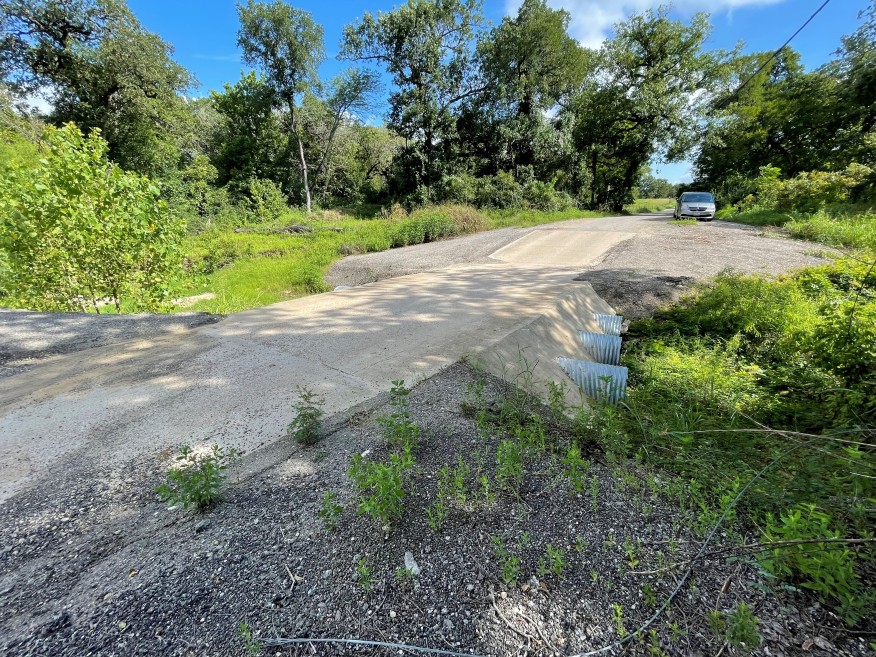
Massive floods tore through Central Texas on Memorial Day weekend in 2015. Rivers spilled over their banks and ripped waterfront homes from their foundations. Towns were inundated.
While tragic deaths on the Blanco River and a ruptured dam in Bastrop State Park captured headlines, few noticed the damage to a low water crossing on Wilbarger Creek Drive — a private dead-end road south of Elgin.
Nobody knew then how that broken bridge would brew a political storm of its own. Two years later, Bastrop County Commissioner Gary “Bubba” Snowden would be charged with three counts of abuse of official capacity. Two of the charges were felonies for misusing public dollars and county resources to resurface part of the road without county commissioners’ approval.

Snowden’s case was investigated under the state’s redesigned Public Integrity Unit. The previous state-funded Public Integrity Unit housed in the Travis County District Attorney’s Office was dismantled in 2015, following allegations it was politicizing prosecutions. State lawmakers aimed to reform the system by moving state public corruption investigations to the Department of Public Safety’s Texas Rangers and prosecuting accused officials in their home counties rather than Travis County.
Though the sea change in Public Integrity Unit prosecutions didn’t fundamentally alter how Snowden’s case was handled, the former Bastrop County commissioner’s indictment and prosecution do exemplify most public corruption cases processed under the new system.
Now six years later, an investigation by the Texas Observer and KXAN has found prosecutions of statewide public officials for corruption are nearly non-existent. Since 2015, the Rangers have investigated a handful state-level elected leaders, but few have been charged.
From 2015 to 2020, the Texas Rangers completed more than 560 public corruption case investigations, but only 67 of those cases have been prosecuted, according to DPS data analyzed by the Observer. DPS said in an email to the Observer there were hundreds more inquiries and complaints beyond those investigated. No officials with DPS or the Texas Rangers would agree to speak with KXAN for this report.
The prosecutions that have taken place are mostly against lower-level local officials or government employees and typically end with light sentences. Several Central Texas cases have followed that pattern.
In 2015, critics of reforming the Travis County Public Integrity Unit said a legislative overhaul would have the opposite effect. They said prosecuting public officials in their home territory and giving local prosecutors the option to oversee cases — and drop charges — would invite a new type of corruption and reduce accountability.
Read the full story on KXAN.com to explore high-profile Central Texas and statewide cases, learn what led to the change in how corruption is investigated and the solution critics say will work better than the current system.



